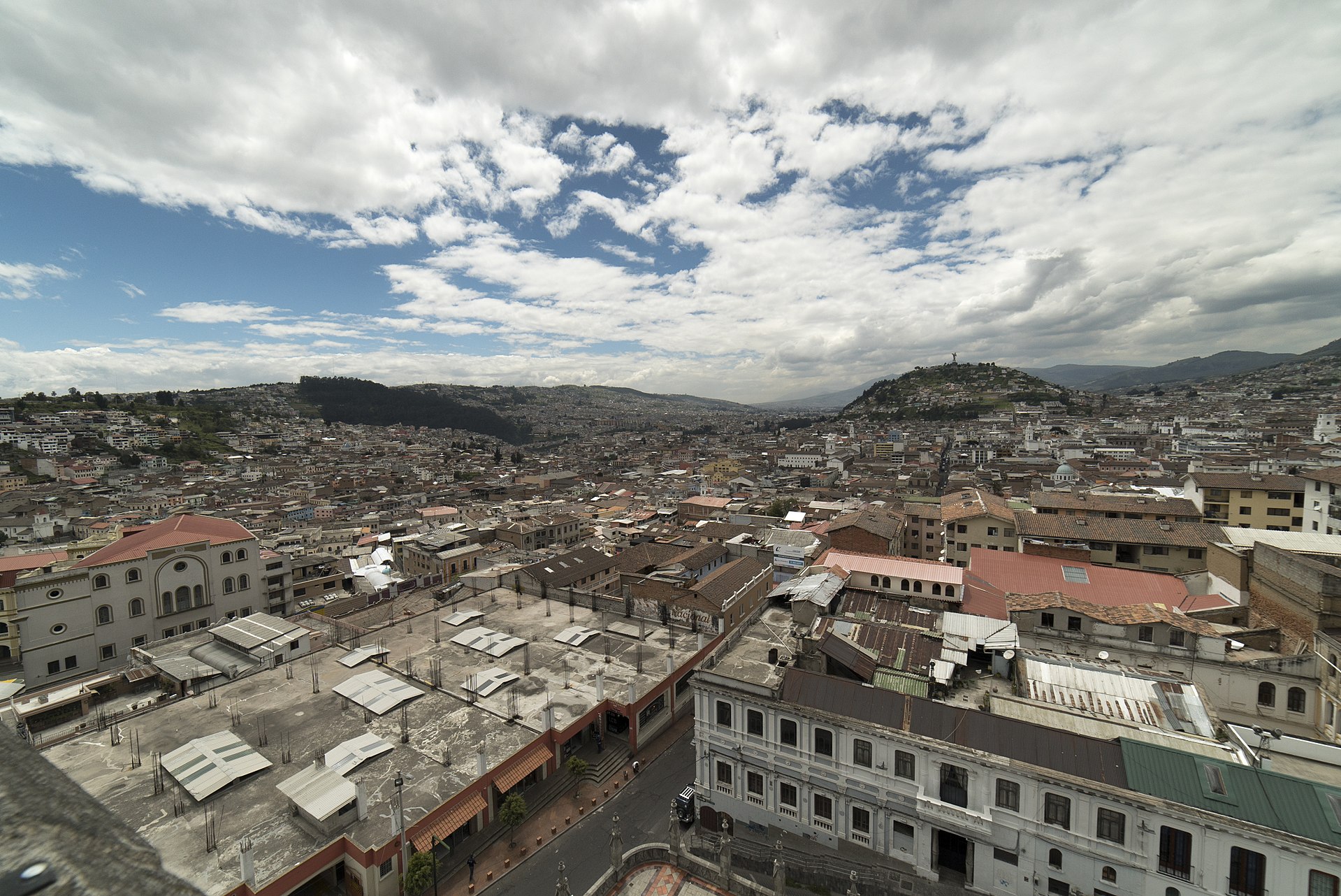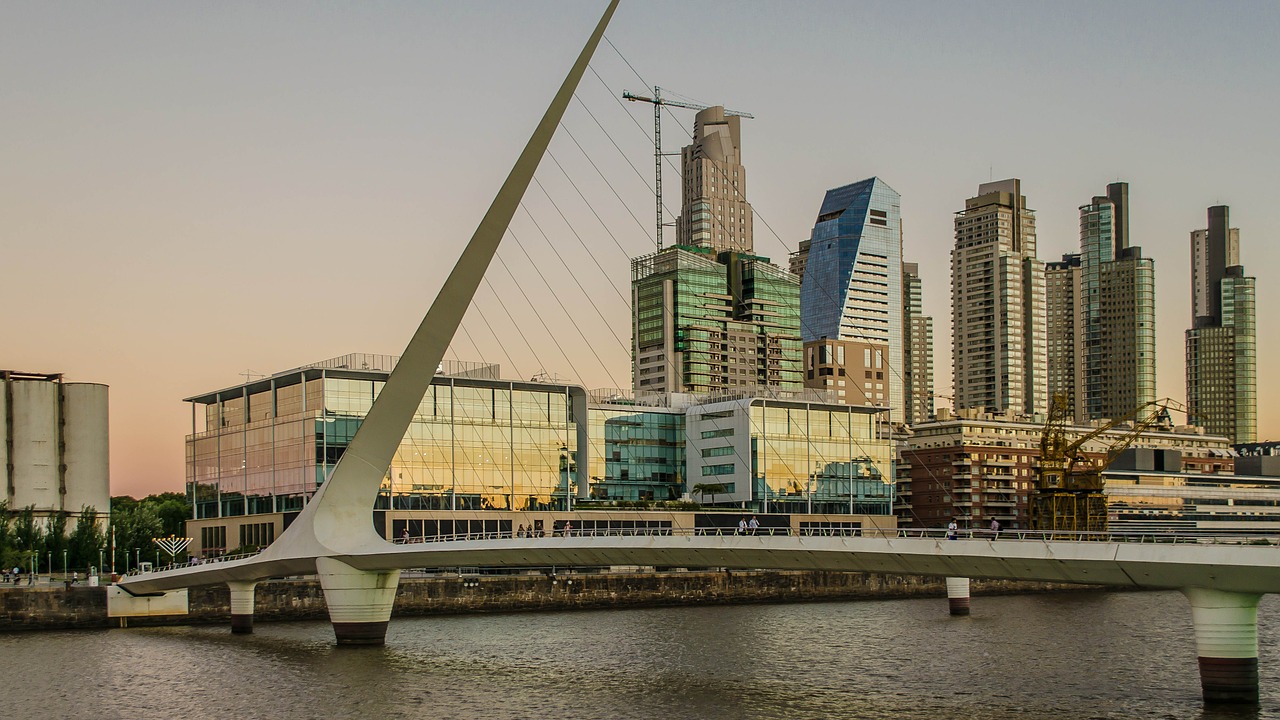With a population of 30+ million people, Peru is Latin America’s fifth largest country. Much like Chile, Peru is extremely centralized, with 10 million people – or one-third of the population – living in the capital city of Lima. Less than a million people live in Peru’s second largest city, Arequipa, resulting in a highly rural population scattered across a diverse landscape that includes the Andes mountains, the Amazon rainforest, and the Andean Plateau.
Peru’s geography provides challenges to both Internet penetration and delivery logistics. These barriers help explain why Peru, despite its young and Internet-savvy population, lags behind the rest of the region in the development of e-commerce.
MercadoLibre statistics show that only 5% of Peruvians currently purchase goods online, citing reasons such as low financial inclusion, fear of fraud, and concerns about delivery logistics for the disparity. By comparison, up to 40% of Chileans and 70% of Mexicans are purchasing online. (more…)



